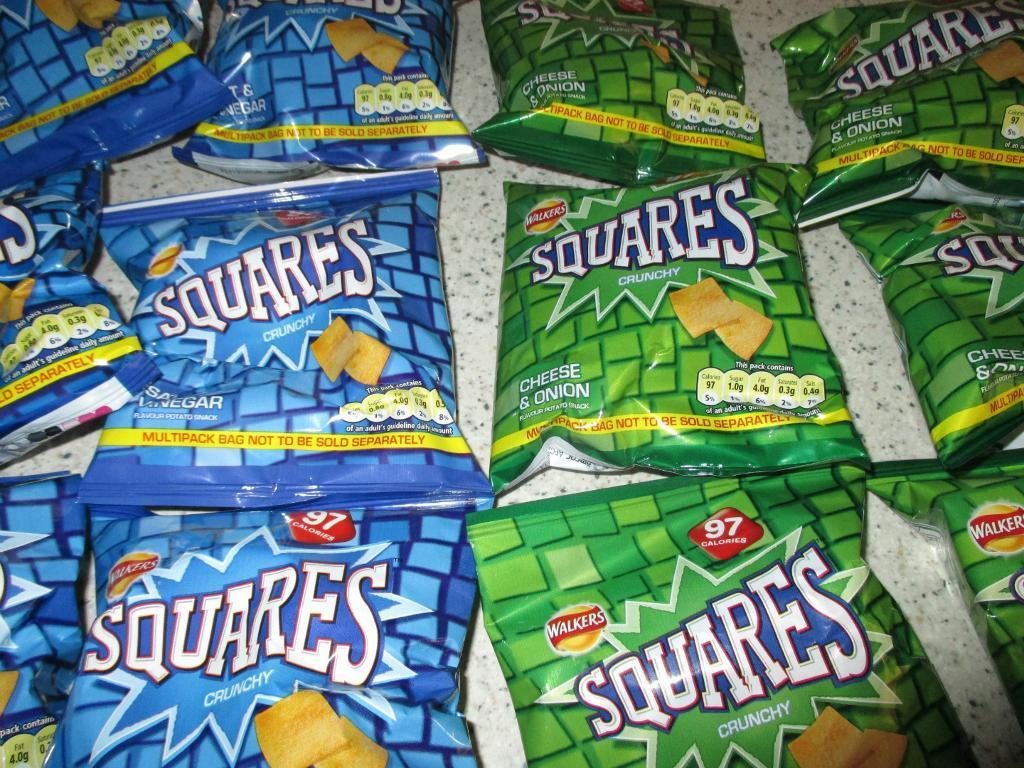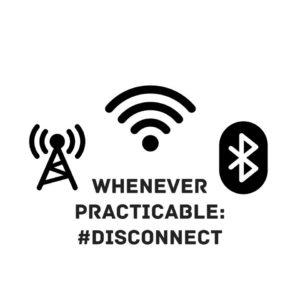I am currently writing a talk to give about minimal efforts for optimum wellbeing. One of the key strategies I recommend is to skip breakfast. I would say that after getting good sleep, this is the biggest benefit approach with the lowest time/money/stress cost that one can take (other contenders for this, to me, currently, would be replacing missing minerals and balancing macros…).
 Going from teatime to lunchtime without eating is a very natural, evolved state. It is a state in which the body changes how it does things. It is the very minimal start of the fasting state that brings such benefits, especially in our over-consuming world.
Going from teatime to lunchtime without eating is a very natural, evolved state. It is a state in which the body changes how it does things. It is the very minimal start of the fasting state that brings such benefits, especially in our over-consuming world.
To personify the human body, it says to itself:
“OK, potential promlemmo, there might be low nutrient and low energy times ahead. I have evolved for this over hundreds of millions of years (some of these kind of “fasting systems” seem to exist in all vertebrate life, other, higher-order, ones are very mammalian). I need to perform better mentally and physically to solve this problem, and I need to start using my stored energy (fat) and nutrients (stored in fat and old cells) to facilitate this.”.
It is generally accepted that sixteen hours without energy is the minimal fast. If you last eat at seven PM and have nothing until lunch at one, that’s an eighteen hour fast, right there. Thus it begins…
It is easy to think that surely just the start of a fast cannot bring anything like the benefits of a more “complete” fast. This kind of thinking overlooks the fact that nature seems to optimise at the start (eg Pareto principle, square laws and evolutionary jumps) and so we should expect the benefit to be disproportionately significant at the start of the fasting process. Which I think it is: I belive you will get more fasting benefit from the first 16 hours than the last sixteen hours of any fast.
There is dispute and disclarity about the gradient of benefit from fasting. Is it best to have one five day fast once a year or one day fast once a month or a minimum fast every day? There is much to be debated there, for sure. Where there is little dispute is about the benefits of fasting in itself. All who know agree, they are many, and many are very potent.
I believe that these are the key benefits, the reasons why, by far, most adults should fast. Before I list and briefly discuss them let me say that these are what I consider to be root, systemic benefits. Together these will lead on to the many observed benefits, such as better cardiovascular efficiency, insulin sensitivity or concentration.
Fasting changes things at a systemic level:
Metabolism shifts down.
Hormones balance and readjust. Insulin drops. Grehlin and Leptin (Hunger hormones) responses begin to reset.
The immune system ramps up; because it no longer needs to be involved in digestion, via the lymphatic system. Especially true with movement.
The liver and kidneys and other organs have a chance for respite, to heal the damage of the oxidative stress, and the waste, of metabolism.
The microbiome tends towards a more stable balance.
Fasting changes things at a cellular level:
Autophagy ramps up dramatically (and more than by any other influence). Every cell checks itself and, if it is damaged, it eats itself, recycling its parts as new nutrients for new cells.
Stem-cell production, even in the elderly, increases naturally (especially when combined with exercise).
Mictochondrial efficiency is directly improved by fasting. The tiny, tiny engines of our lives become more efficient at energy production. They also become more efficient at fat utilisation.
Fasting increases neurogenesis, the process by which new brain cells and connections are created, boosting neuroplasticity and reducing cognitive decline. Until fairly recently it was not known that this occurred. Now it is known, and it is accelerated by fasting, more than by any other cofactor.
Fasting changes things at a personal level
I expect we all know this common behavioral pattern in the Western world:
“I am hungry, therefore, I must eat something” #justcheckingthefridge
Even the shortest fast forces us to make a choice about this, and I believe, this is of tremendous benefit to mental Fortitude. You also quickly learn that often what you thought was hunger was craving, especially for carbs. You learn that hunger never stays around that long on a fast. It comes in waves and the peak is not lasting.
One thing about the mental aspect of fasting is that you have to be prepared for defeat and not let defeat stop you fasting. This is the practicing Resolve. Just last week I started the day thinking I would do a 24 hour fast. It was soon dropped down to no morning eating (NoAm/16 hour). By eleven I had eaten a glutinous amount of crisps. Salt And Vinegar. Human Fail. You get back on the horse, innit.
In this day and age of runaway consumption, we are bombarded with consumption cues (tanha) that we either chose to resist or we give in to. Practicing that resistance and resilience is a key aspect of stoic training, dharma practice and virtuous living, in general. Good skills backed by good smarts. That is what we want, I think.
Why would you not skip breakfast?
Skipping Breakfast, a sixteen hour fast, is demonstrably of immense benefit to you. If you believe that you need breakfast because you have been told so, that is a belief worth testing for yourself. Fast has huge benefits and sixteen hours is going to be the very begging of these processes. Processes that are increasing en mass, and system-wide. After a day or two they will be functioning at capacity for healing and system optimisation and this will continue for at least a few more days (3 days is my max). Of course, there a clear benefit in taking the fast past sixteen hours, but this does not mean there won’t be huge benefits to regular breakfast skipping.
In my opinion, and this is not something I can back up as it is my own conclusion, but given that biological systems optimise in parreto/square-law/step-evolutionary ways, we should expect for the first sixteen hours of any fast to be more beneficial than the last sixteen hours. That seems reasonable and plausible.
Why would you not?
There are, in fact, only three reasons why skipping breakfast might be unwise. One is personal weakness due to conditioned (from self and others/media/etc) expectations, the next is a critical human weakness to mouth-pleasure and the third is a medical reason, though I cannot think of any that could really prevent skipping breakfast.


